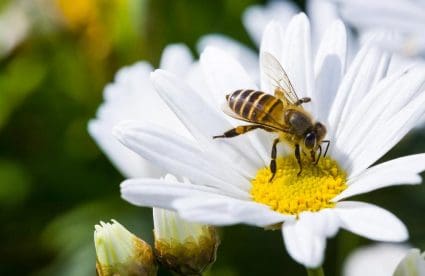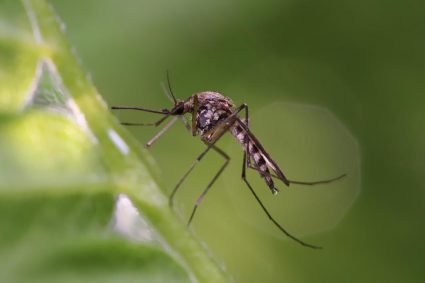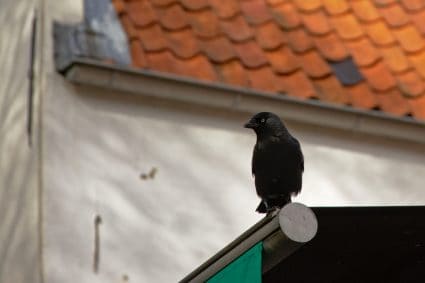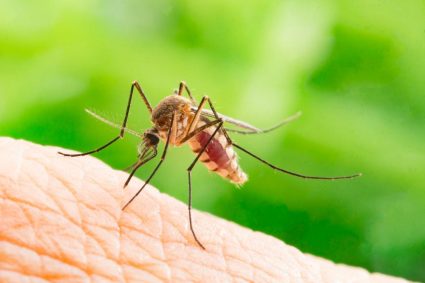
Ground squirrels might seem cute and harmless, but they can cause significant damage to your property if left unchecked. From gnawing on plants and irrigation systems to burrowing around roots and under foundations, these critters can be quite destructive. But don’t worry, there are several efficient and humane ways to deter these creatures from your garden, lawn, or property. In this comprehensive guide, we’ll cover everything you need to know about deterring ground squirrels, including DIY methods, natural repellents, professional help, and much more.
To deter ground squirrels, you can use natural repellents such as pepper spray, castor oil, and essential oils. DIY methods include setting up physical barriers, using scent-based deterrents, and maintaining a clean yard. Professional help is also available for severe infestations. Preventive measures include eliminating food sources, using squirrel-proof bird feeders, and sealing cracks and entryways. It’s important to consistently maintain these efforts to effectively deter ground squirrels.
Understanding Ground Squirrels
Ground squirrels are commonly found in California, with the most common types being Otospermophilus beecheyi and Otospermophilus douglasii, collectively referred to as “California ground squirrel” or simply “ground squirrel”. They are known to damage food-bearing and ornamental plants, gnaw on bark, girdle trunks, and burrow around roots, causing damage to young shrubs, vines, and trees. In addition, they can chew on plastic sprinkler heads and irrigation lines, contributing to soil erosion.
Damages and Problems Caused by Ground Squirrels
Ground squirrels can cause various damages and problems, including:
- Damage to plants, trees, and vegetables
- Gnawing on irrigation systems
- Damage to young shrubs, vines, and trees
- Burrow-related issues
- Disease transmission
- Damage to lawns and gardens
- Structural damage
Natural Repellents
Natural repellents can be somewhat effective in deterring ground squirrels, but their effectiveness usually depends on consistent application and maintenance. Some common natural repellents include:
- Pepper spray
- Castor oil
- Crushed red pepper flakes or cayenne pepper
- Peppermint essential oil
- White vinegar
- Coffee grounds
- Cinnamon
- Garlic
- Citronella oil
- Lemon juice or lemon essential oil
DIY Methods to Deter Ground Squirrels
There are several DIY methods to prevent ground squirrels from invading gardens or lawns. Some of these methods include:
- Pepper spray
- Physical barriers
- Scent-based deterrents
- Plant-based deterrents
- Predator decoys
- Motion-activated sprinklers
- Pets
- Removing food sources
- Maintaining a tidy yard
Professional Help
Professional help for ground squirrel control is available from various pest control and wildlife removal companies. These companies offer services such as trapping, baiting, fumigation, habitat modification, and exclusion to effectively manage ground squirrel infestations.
Preventive Measures
There are several preventive measures homeowners can take to avoid attracting ground squirrels in the first place:
- Eliminate food sources
- Use squirrel-proof bird feeders
- Plant squirrel-repellent plants
- Install physical barriers
- Apply repellents
- Use motion-activated sprinklers
- Seal cracks and entryways
- Maintain your yard
Risks of Having Ground Squirrels on Your Property
Having ground squirrels on your property can pose several risks, including:
- Damage to foundations
- Lawn and garden damage
- Structural damage
- Irrigation system damage
- Soil erosion
- Disease transmission
Remember, the key to deterring ground squirrels is consistency. Whether you choose to use natural repellents, DIY methods, professional help, or preventive measures, be sure to maintain these efforts to keep ground squirrels at bay.
Frequently Asked Questions
What are some examples of squirrel-proof bird feeders?
Squirrel-proof bird feeders often have designs that prevent squirrels from reaching the food. For example, some feeders have a weight-activated mechanism that closes the feeding ports when a heavy weight (like a squirrel) is detected. Others are encased in a metal cage that only small birds can fit through. Popular brands include Brome, Droll Yankees, and Perky-Pet.
What are some examples of squirrel-repellent plants?
Some plants that are known to repel squirrels include daffodils, hyacinths, alliums, and fritillaries. Spicy or strong-smelling herbs like mint, cayenne pepper, and garlic can also deter squirrels.
How often should I apply natural repellents?
The frequency of application can depend on a few factors, including the type of repellent, the severity of the squirrel problem, and the weather. In general, most natural repellents should be reapplied every few days or after heavy rain.
What types of structural damage can ground squirrels cause?
Ground squirrels can cause structural damage by burrowing near foundations, which can lead to instability. They can also gnaw on and damage wooden structures, and their burrowing can disrupt underground pipes and wires.
Are ground squirrels dangerous to humans or pets?
While they are generally not aggressive towards humans or pets, ground squirrels can carry diseases like plague, which can be transmitted through fleas. They can also cause injury if they feel threatened and bite or scratch in defense.











